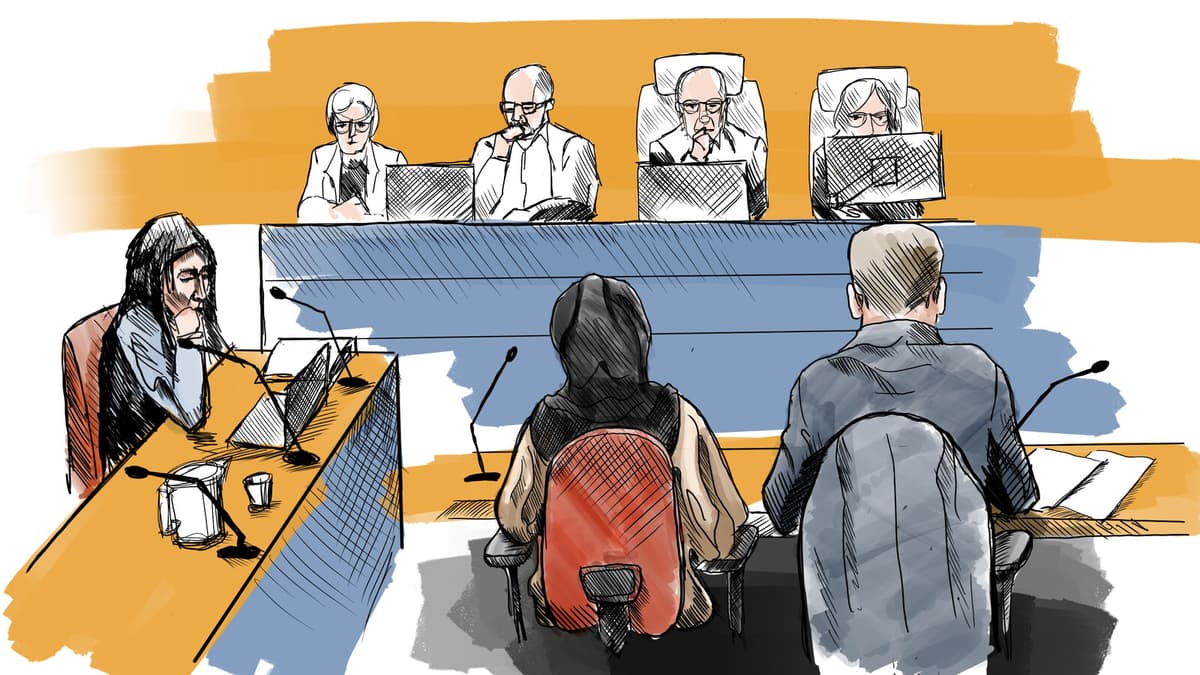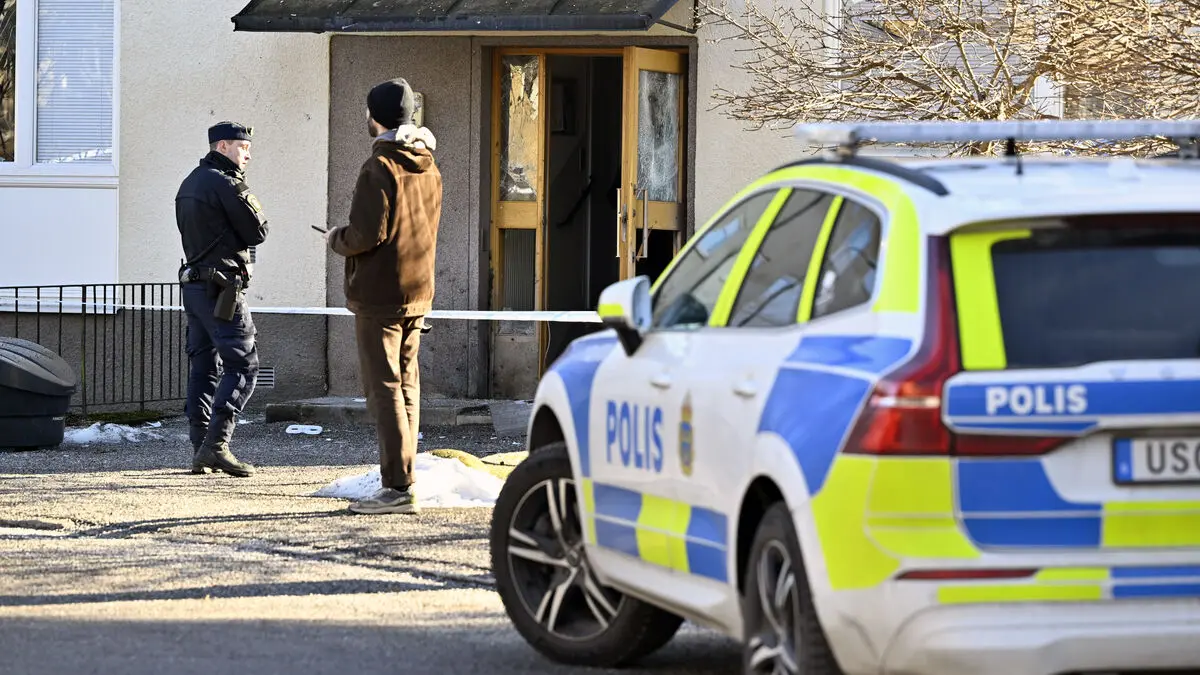Ishaq held six children and three women as slaves during the winter and spring of 2015 in her home in the Syrian city of al-Raqqa, which was then the capital of the IS caliphate in Syria.
The enslavement was, according to prosecutor Reena Devgun, part of IS's attempt to exterminate the Yazidis, an ancient religious minority that the terrorist sect had branded as "devil worshippers" and "heretics".
Genocide
The Stockholm District Court shares the prosecutor's view that Lina Ishaq's actions should be seen as part of the genocide.
"She has, according to the court, shared IS's extermination purpose and her actions have been part of other similar actions committed in accordance with IS's underlying strategy and ideology," says presiding judge Maria Ulfsdotter Klang in a comment.
The women and children who were held in her residence in Syria were captured in connection with IS's attack on the Yazidis in Sinjar, northern Iraq, in August 2014. After their male relatives were executed, they were taken, along with thousands of other children and women, to IS-controlled areas in Syria to be sold as slaves.
During their captivity with Ishaq – who joined IS with her husband in 2013 – the nine were, among other things, forcibly converted to Islam, threatened, and several were also abused. Two of the women have testified in court about the degrading treatment they were subjected to by Ishaq.
"The plaintiffs have told us about the immense humiliation they experienced from being treated as livestock and commodities," says Ulfsdotter Klang.
Lina Ishaq later sold them to other IS supporters. Some of them managed to escape with the help of smugglers a few months later, but three of the children did not until two, three, and seven years later, respectively – and one young woman is still missing.
Not Life Imprisonment
Prosecutor Reena Devgun had requested that Ishaq be sentenced to life imprisonment, but the court believes that the sentence corresponds to 16 years in prison. However, the sentence is set to 12 years in prison, taking into account that she was convicted of other crimes in Syria in 2022.
Devgun says that an appeal to the Court of Appeal may be considered.
Considering what kind of crime this is, what its purpose is, that it's a matter of genocide and many children over a long period, and that people were treated as objects and slaves, I think it's necessary to have a Court of Appeal ruling to determine whether this sentence is reasonable.
Ishaq herself has admitted to being in the residence with the children and women, but claims that it was not she but another person who enslaved them. Her lawyer says to Hallandsposten that she wanted to be acquitted but is relieved not to receive a life sentence.
Lina Ishaq, who is from Halmstad, traveled to Syria in the spring of 2013 with her husband and children to join the terrorist group Islamic State. Her husband died shortly after they arrived, in combat for IS.
After returning to Sweden much later, she was suspected of crimes and in 2022 was sentenced to six years in prison for aggravated war crimes. According to that verdict, she had allowed her son to become a child soldier for IS in Syria, where he died at the age of 16.
In September 2024, Ishaq was prosecuted again, for crimes against humanity, genocide, and aggravated war crimes. She then became the first person in Sweden to be prosecuted and later convicted of crimes against humanity.






